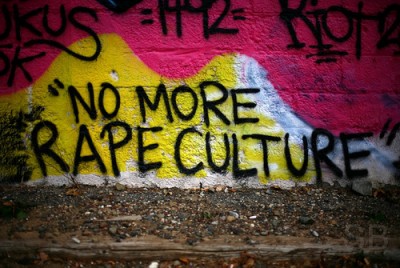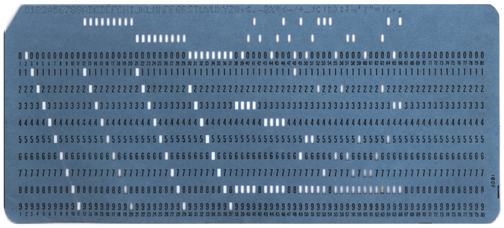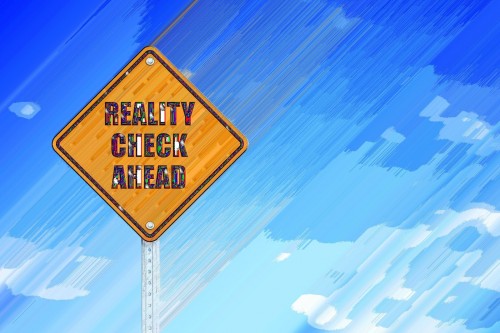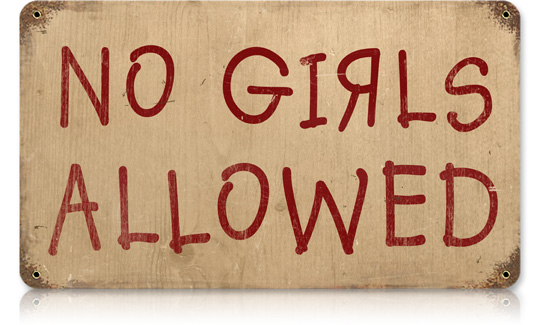Note to readers: This article and its corresponding links discuss rape, victim blaming, “slut” shaming, and rape culture generally.

The disturbing events in Steubenville, Ohio have spurred some insightful reporting and analysis (collected by Lisa Wade at Sociological Images) that, one would hope, raise awareness about rape culture. As a social scientist that studies social media, I am particularly interested in how privacy and connectivity have been framed within the context of the case. I cannot help but notice the sloppiness with which many reporters write about the “dangerous mix of alcohol, sex and social media that many teens navigate nowadays.” Studying the role of social media in everyday life may appear as trivial or superficial: something fun or novel to study. But Steubenville shows us exactly why writers and scholars need to understand social media better. more...





